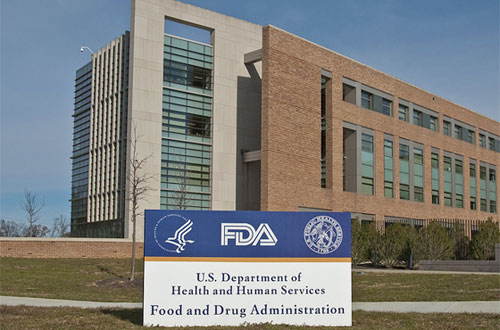
Shire suffered a major setback last week when the FDA declined to approve its lifitegrast treatment for dry eye disease, which has been tipped as a $1bn product.
The FDA’s Complete Response Letter (CRL) – the third rejection in as many days after earlier rebuffs for AstraZeneca and Pfizer – notes that an additional clinical trial will be needed before Shire can re-apply for approval, delaying the medicine by at least a year.
Dry eye disease is caused by a reduced ability to produce tears and is characterised by red, painful eyes and vulnerability to infections. Shire’s OPUS-2 trial was the first study ever to show statistically significant improvement in symptoms of the disease, according to Shire.
The Ireland-based company was quick to point out that it recently completed a trial of lifitegrast called OPUS 3 that could answer the questions raised by the US regulator and should generated top-line data before the end of the year.
With a following wind the company could re-file its application in early 2016, putting the earliest approval in the latter half and likely towards the end of next year.
The setback is a blow to the company as it stands – as lifitegrast is considered to be among the brightest prospects in its late-stage pipeline – but could also have an impact on Shire’s ongoing $30bn pursuit of Baxter spin-out Baxalta. The latter has made no secret of its reluctance to merge the two companies.
Shire wants to combine with Baxalta to create a rare disease powerhouse as it moves onto phase two of a restructuring programme implemented by chief executive Flemming Ornskov when he joined the company in 2013.
Phase one was focused on shoring up the company’s internal processes and structures, while the second phase is aimed more at growing the business into the world’s leading rare disease company with sales of $20bn a year by 2020.
Dry eye disease was something of a wasteland for drug developers for many years, although that changed when Allergan won approval for its Restasis (cyclosporine ophthalmic emulsion) product, which has become a big earner with sales of $325m in the second quarter of the year.
Shire is hoping lifitegrast can make inroads into a market that is estimated at around a million potential patients but still has significant unmet need, for example among patients who cannot tolerate Restasis or are not satisfied with the results achieved with that drug.
Lifitegrast is a small molecule integrin beta(2) antagonist that the company licensed from SARcode Bioscience in 2013




